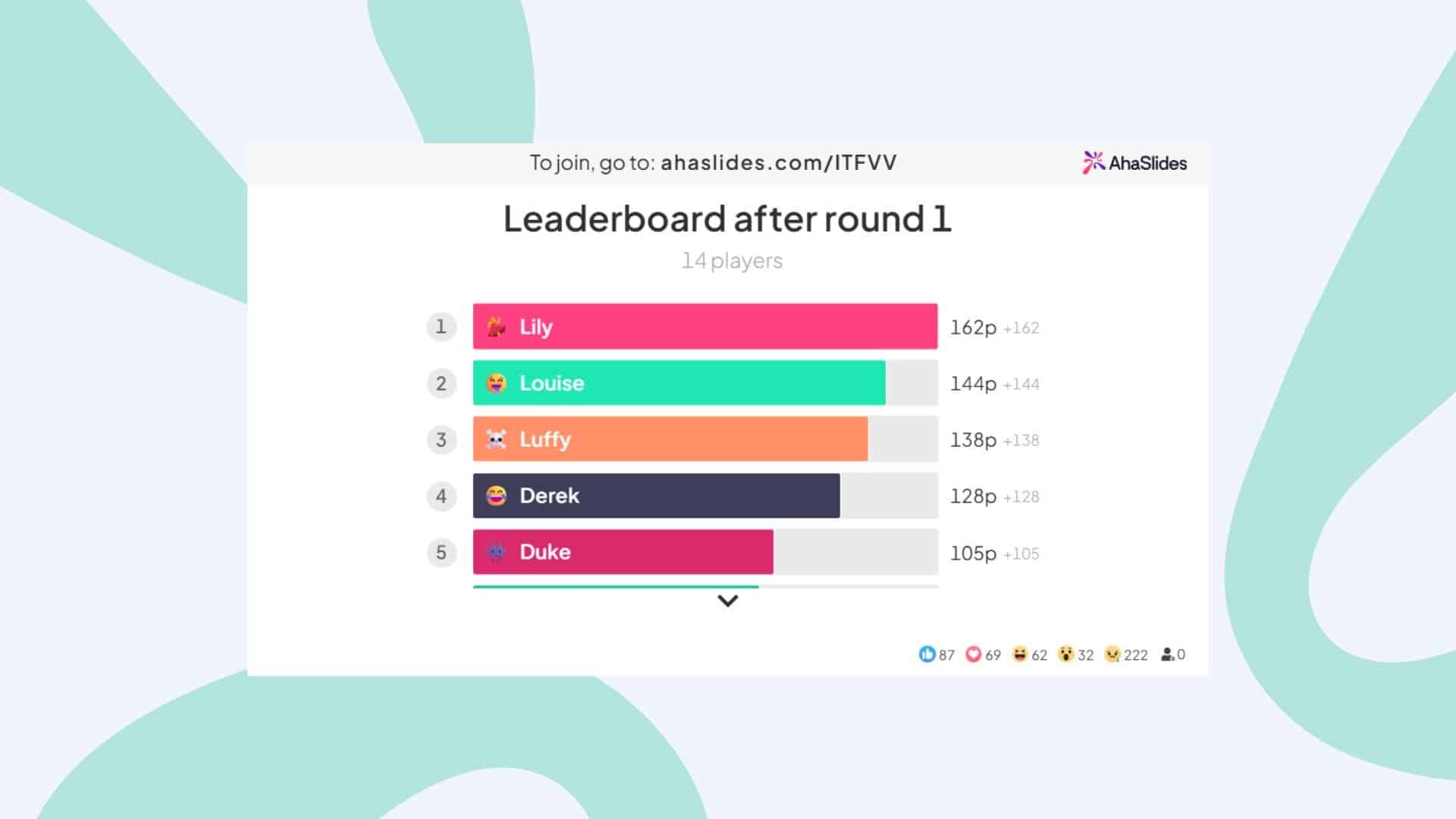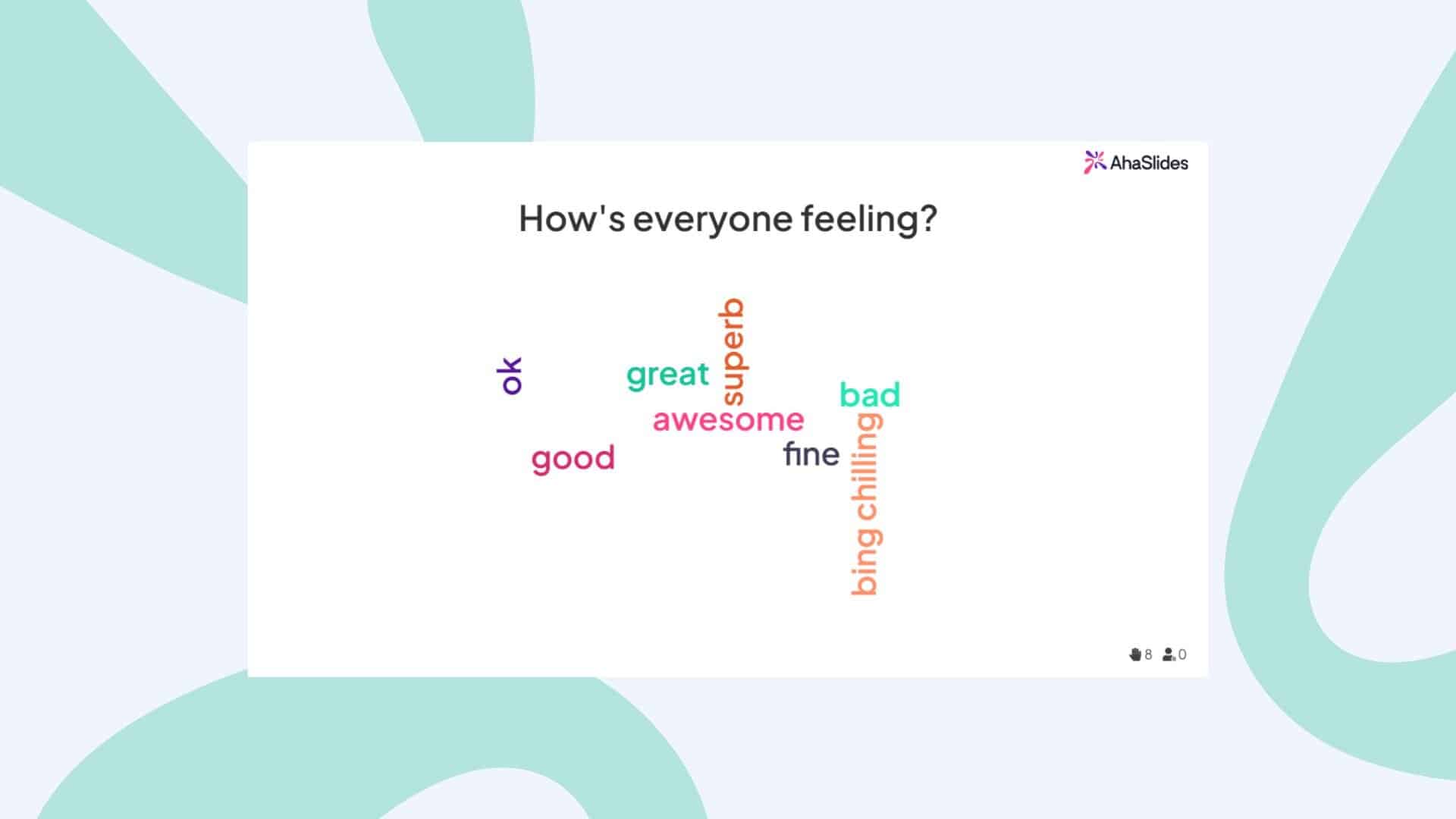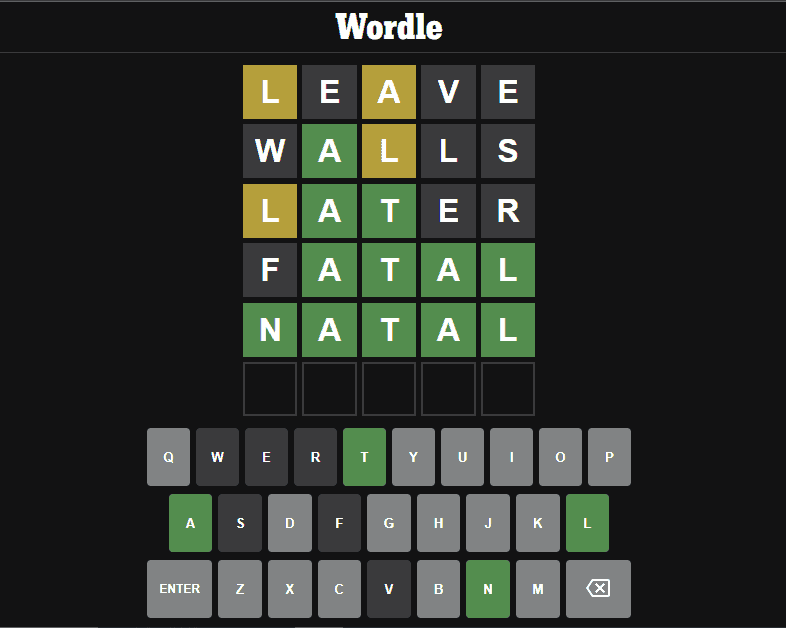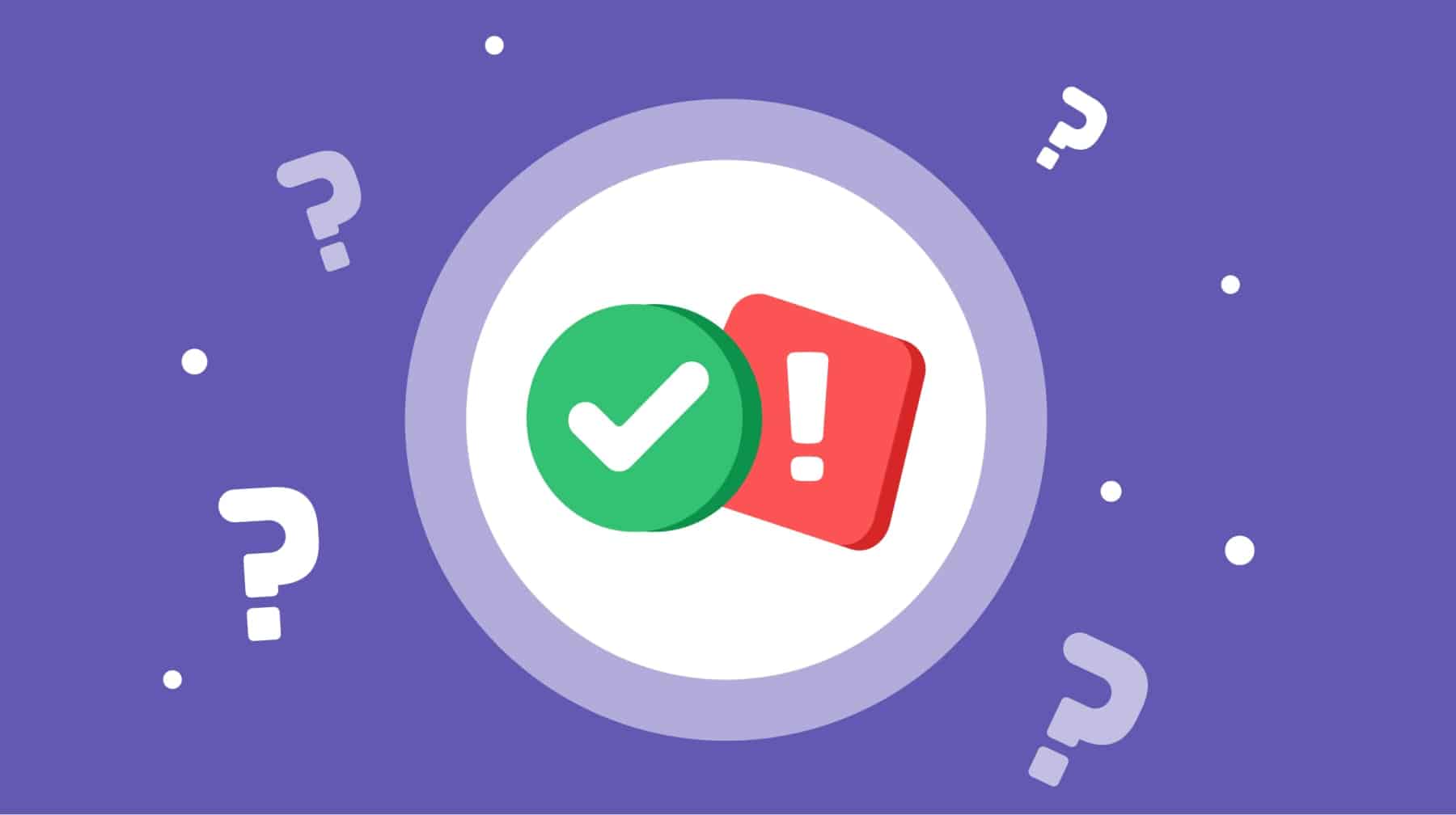Looking for fun vocab games? When it comes to vocabulary classroom games, the struggle, fight, exertion and tussle are real.
Here are 10 fun vocabulary classroom games that you can easily add to any lesson to make them engaging whilst also assisting students’ learning.
Table of Contents
#1 - Describe It!
Best for All Ages 🏫
This wonderful word game is a great way of practising learned words to measure students' understanding – and it’s really simple!
How to play:
- Choose one student from a group. Your single student will be the describer, and the rest will be guessers.
- Give the describer a word that they know and do not tell the rest of the group. Also, give them two extra, related words that they cannot use in their descriptions.
- It is the job of the single player to help the rest of the group guess the word by describing it without using the word itself or any of the related words.
- Once the group has guessed the word, the person who guessed correctly can take the next turn as the describer.
Example: Describe the word 'boat' without saying the words 'boat', 'sail', 'water' or 'fish'.
For younger learners...
To make this game suitable for younger learners, don’t give them extra words to avoid during their descriptions. You could also make all guessers write down their answers to make sure all of your learners are engaged.
#2 - Interactive Quiz
Best for All Ages 🏫
If you want to test your students’ vocabulary, you could run an interactive quiz to round up a topic or test their knowledge. Nowadays, there are a lot of software that lets you host an online quiz that your students can play along with using their phones!

How to play:
- You can use AhaSlides to create your quiz or grab a readymade one from the template library.
- Invite your students to connect with their phones so that they can answer questions individually or in teams.
- Test them on definitions of words, ask them to fill in a missing word from a sentence, or just have a fun quiz to add an extra interactive element to your lesson!
Test their English!
No time to make vocabulary classroom games? No worries. Use one of these readymade quizzes on AhaSlides, as the best classroom word games! 👇
For younger learners...
For younger learners, you could create teams to answer the questions so that they can discuss their answers. This could also add a competitive element which will help some students thrive.
#3 - 20 Questions
Best for All Ages 🏫
This vocabulary classroom game actually dates back to the 19th century and encourages deductive reasoning and problem-solving. For your English students, this game will encourage them to think about where and how they would use their learned vocabulary.
How to play:
- You will pick a word that your players will know or have been studying.
- Your students are allowed to ask you up to 20 questions to try and guess the word – you can only answer yes or no to their questions.
- Once the word has been guessed, you can start again or nominate a student to take a turn.
For younger learners...
Adapt this English vocabulary game for younger children by using simple and familiar words, and by helping them to pre-plan some questions they might ask. You could also have specific categories to narrow down their options, for example, fruits, or pets.
#4 - The Categories Game
Best for All Ages 🏫
This game is a brilliant way to test your students' wider knowledge in a fun and engaging format.
How to play:
- Have your students write down between three and six categories – these can be pre-agreed and related to topics you have been studying.
- Pick a random letter and write it on a board for the students.
- They must write down one word for each of the 3-6 categories that begins with that letter. You can add an extra challenge by setting a timer.
For younger learners...
To make this vocabulary game suitable for younger students, you might want to do this as one big team. In this setting, having a timer really helps pump up the excitement!
#5 - Balderdash
Best for a Small Group of Advanced Learners
This is a great way to test your students’ vocabulary by introducing new and unfamiliar words to them. This game is mostly a bit of fun, but it will encourage them to look for familiar prefixes or suffixes.
How to play:
- Reveal an unfamiliar word (but not the definition) to your students. This could be one that you choose or one from a random word generator.
- Next, get each of your students to submit what they think the word means anonymously. You will also anonymously enter the correct definition. (Make this easy with live word cloud generator)
- Your students will try to work out which is the real definition.
- Students get a point if they guess the correct definition or if other students guess that their false definition is correct.

For younger learners...
This one's not easy to adapt to younger learners or less experienced English students, but you can help by using more age or level-appropriate words. Otherwise, you could allow students to submit the category that a word belongs to, rather than the definition of the word itself.
#6 - Word Wheel
Best for All Ages 🏫 - Best games to review vocabulary
This one makes a great lesson starter and can help your students test themselves, their spelling, and their vocabulary.
How to play:
- You will put eight letters on a board or slide in a circle. This can be completely randomised, but we would suggest choosing at least 2-3 vowels.
- Your students will have 60 seconds to write down as many words as they can make using these letters. They can only use each of the letters once in each word.
- To make this more challenging, or to focus on a specific sound that you have been learning, you could also add a letter to the centre of the circle that must be used.
For younger learners...
Younger learners should be able to play this game by looking for shorter words, but you could also play this game in pairs or small groups to make it slightly easier.
#7 - Letter Scramble
Best for All Ages 🏫
This vocabulary-focused lesson starter will test your students on recently learned or existing vocabulary by focusing on their deductive skills and knowledge of words.
How to play:
- Jumble up the letters in words that you have been learning and write them out for your students to see.
- Your students will have 30 seconds to unscramble the letters and reveal the word.
- You can repeat this multiple times or set a few jumbled words as a lesson starter.
For younger learners...
This game can work well for younger learners but if you think spelling could be a problem, you could pre-fill a couple of the letters to let them work out the rest.
#8 - Synonyms Game
Best for All Ages 🏫
This game will be more fun with advanced learners who are looking to test themselves and their vocabulary.
How to play:
- Enter a simple word that your students will be familiar with – this should be a word that has multiple synonyms eg. old, sad, happy.
- Ask your students to submit their best synonym for that word to the interactive slide.
For younger learners...
You could, instead of asking for synonyms, ask new English language students to submit a word within a category (eg. colours) or a type of word (eg. verbs).
#9 - Charades
Best for All Ages 🏫
This fun game is great for encouraging conversation and testing student comprehension.
How to play:
- Fill a pot with words or phrases that your students would know — you could also ask your students to write some words.
- Scrunch up the words and add them to the pot.
- Pick one student to choose a word from the pot, they must then act it out for the rest of the students without speaking or using any sounds.
- The rest of the students will be tasked with guessing the word.
- The person who guesses correctly will go next.
For younger learners...
This game can be simplified for younger school students by making all words from a specific category, or by allowing them to give a hint by making a noise if none of the rest of the group can guess from actions alone.
#10 - Wordle
Best for All Ages 🏫
This popular game is an excellent way to test your students' vocabulary. You can use the official Wordle site, or create your own version tailored to your students' level.
How to play:
- Choose a five-letter word. Do not tell your students the word. The aim of Wordle is to be able to guess a five-letter word in six guesses. All of the guesses should be five-letter words that are in the dictionary.
- When your students guess a word, it should be written out with the colours indicating how close they are. A green letter will indicate that a letter is in the word and is in the right place. An orange letter will indicate that the letter is in the word but in the wrong place.
- The students will start with a random word and the colored letters will help them to guess the word that you have chosen.

For younger learners...
For lower-level learners, it’s recommended to choose your own word and create your own version. You could also do guesses as a group and run polls to help them agree on which word to choose next.








